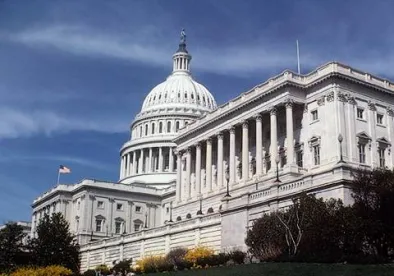On December 14, 2021, lawmakers in the House and Senate announced that they had reached an agreement on compromise language for a bill known as the Uyghur Forced Labor Prevention Act or “UFLPA.” Different versions of this measure passed the House and the Senate earlier this year, but lawmakers and Congressional staff have been working to reconcile the parallel proposals. The compromise language paves the way for Congress to pass the bill and send it to President Biden’s desk as soon as this week.
The bill would establish a rebuttable presumption that all goods originating from China’s Xinjiang region violate existing US law prohibiting the importation of goods made with forced labor. The rebuttable presumption would go into effect 180 days after enactment. The compromise bill would also require federal officials to solicit public comments and hold a public hearing to aid in developing a strategy for the enforcement of the import ban vis-à-vis goods alleged to have been made through forced labor in China.
This rebuttable presumption will present significant challenges to businesses with supply chains that might touch the Xinjiang region. Many businesses do not have full visibility into their supply chains and will need to act quickly to map their suppliers and respond to identified risks. Importers must present detailed documentaton in order to release any shipments that they think were improperly detained, a costly and time-consuming endeavor. Notably, the public comment and hearing processes will guide the government’s enforcement strategy, providing business stakeholders an opportunity to contribute to an enforcement process that could have implications for implementation of the import ban more broadly.
China’s Xinjiang region is a part of several critical supply chains, lead among them global cotton and apparel trade, as well as solar module production. According to the Peterson Institute:
Xinjiang accounts for nearly 20 percent of global cotton production, with annual production greater than that of the entire United States. Its position in refined polysilicon—the material from which solar panels are built—is even more dominant, accounting for nearly half of global production. Virtually all silicon-based solar panels are likely to contain some Xinjiang-sourced silicon, according to Jenny Chase, head of solar analysis at Bloomberg New Energy Finance. If signed into law, the bill will send apparel producers and the US solar industry scrambling to find alternative sources of supply and prices are bound to increase.





 />i
/>i

